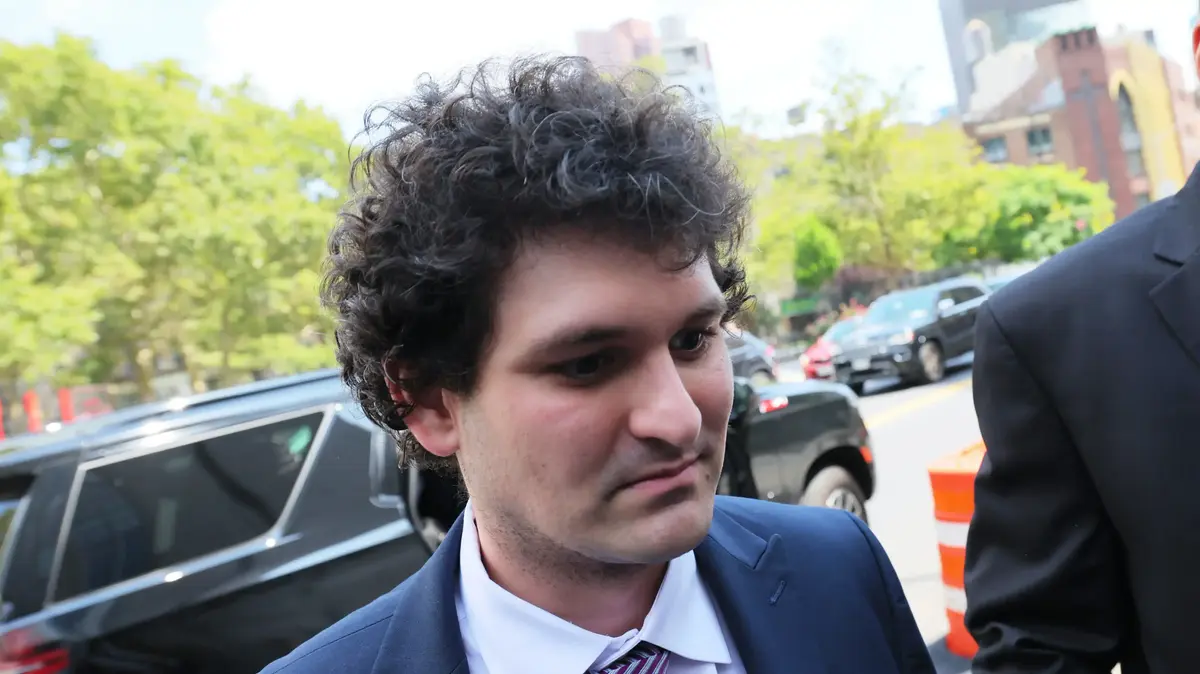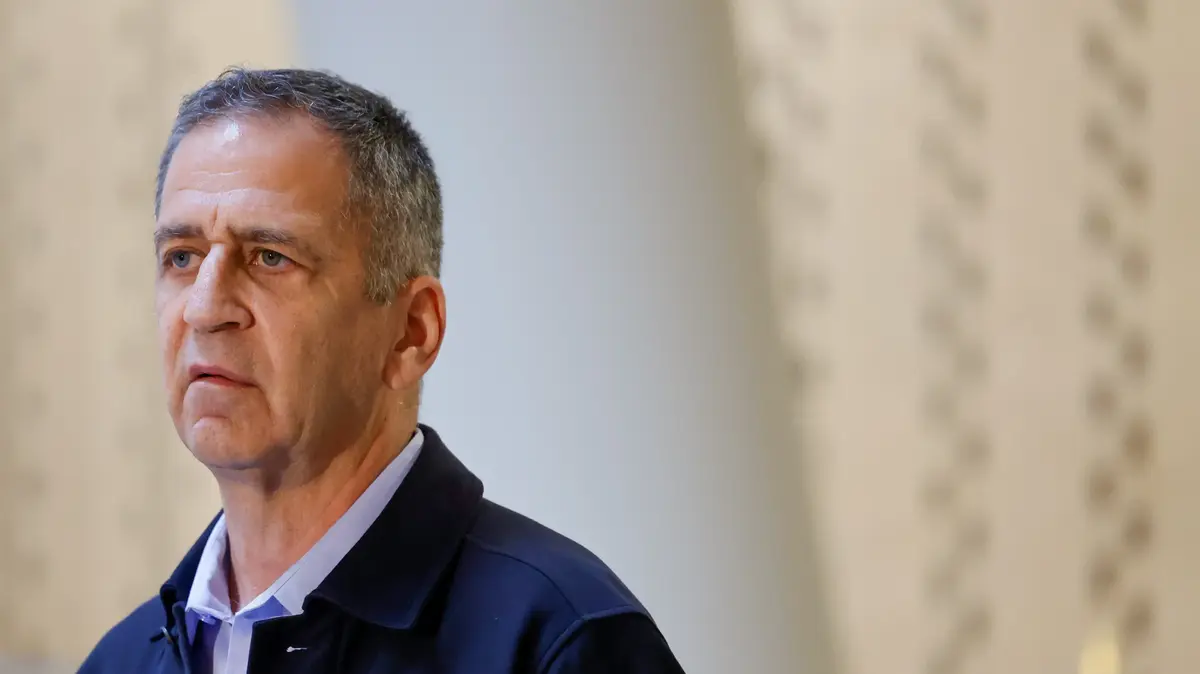The District Court in Tel Aviv this morning (Monday) acquitted Yigal Levy, who was accused along with three other senior officials in the capital market - Moshe Goldman, Shaul Maor and Hadar Asharat - in one of the largest fraud scandals exposed in the capital market in Israel.
This is a large-scale fraudulent operation that was carried out over the course of about two years, while taking advantage of money saved in provident and pension funds in huge amounts.
It was a comprehensive fraudulent scheme, which affected securities prices and harmed savers.
Judge Michal Agmon Gonen.
acquitted Levy, photo: Courts website
According to the indictment filed in April 2019 by the Taxation and Economic Prosecutor's Office, the profits were distributed among the defendants through a branched network of accounts and straw companies all over the world.
According to their confessions, Goldman, Maor and Ashrat were convicted as part of plea agreements of serious economic crimes that harm investors and savers, the capital market and the economy as a whole. The profits generated as a result of this activity amounted to approximately 4 million shekels, which were distributed among those involved using companies and bank accounts all over the world.
The rate of theft (harm to savers) was about NIS 3 million.
heavy argument transactions
Goldman served as the chief investment officer of the Gadish Provident Fund, Maor served as chairman and owner of the Maor Loski Investment House, and Ashrat served as the manager of the equities desk at Deutsche Bank Israel. All three pleaded guilty to the charges as part of a plea deal. Goldman was sentenced to 44 months in prison and a fine of NIS 1.5 million , Maor was sentenced to 30 months in prison and a fine of NIS 750,000, and Asherat was sentenced to 11 months in prison and a fine of half a million shekels.
Levy was accused that during the period relevant to the indictment he worked as an investment manager in the field of pension and welfare at Excellence, one of the largest institutional investment bodies in Israel, which has assets under management amounting to hundreds of millions of shekels and operates in the capital market, insurance, pension and welfare.
Levy was one of Excellence's senior brokers and his job was to buy and sell shares for it.
According to the working method in the company, every morning, before the start of trading, the brokers and analysts gathered, analyzed the stock market and formulated a model for the purchase and sale of shares that day.
The prosecution claimed that Levy agreed on two occasions - one in November 2008 and the other in December of that year - with broker Shaul Maor, that Maor would purchase Cellcom shares off the stock exchange from Deutsche Bank and immediately sell them on the stock exchange to Excellency through Levy.
The latter will purchase some of those shares from him at a higher price than the price at which Maor purchased them, so that Maor will profit from the transaction.
In return, Maor will pay Levy a commission, part of the profits.
The indictment stated that Levy knew how much Maor had purchased the shares for and undertook to buy them from him at a higher price than he could have purchased, so that Maor would make a profit, thereby harming Excellency savers.
The plan was successful, Maor made a profit, and he transferred about half a million shekels to Levy in return.
Levy denied the things.
According to him, he bought the shares on the stock exchange according to the company's business model and could not have bought them at lower prices.
As for the receipt of the funds, the defendant confirmed that he received the funds from Maor, but claimed that they were paid to him for investment consulting work for Maor and the Maor Lusky company under his control.
He also said that his sums are his only after he has finished working at Excellence and the institutional market.
"The accuser failed to prove"
Judge Michal Agmon Gonen accepted the defendant's words and acquitted him.
In the verdict, she stated that most of the witnesses who testified said that they did not remember the details of the events, and that they were testifying about their general conduct, or that they were basing themselves on documents from a real time.
For this reason it was not possible to establish findings based on their testimonies.
In addition to this, Levy brought in connection with the price of the security two significant pieces of evidence that supported his version.
The first evidence is an expert opinion, which supported the defendant's version, while the prosecution did not bring an expert opinion on its behalf.
The Stock Exchange, photo: Gideon Markovich
The second piece of evidence Levy provided were tapes from Deutsche Bank's trading room.
The conversations of the brokers at the German bank are all recorded, and in them a broker from Deutsche Bank is heard calling many brokers in the market, apologizing, and saying that the bank sold all the shares in one transaction closed to Shaul Maor, and therefore she, the broker of Deutsche Bank, did not offer the other brokers to purchase the shares directly from the bank.
From this testimony, real-time recordings, it appears that the accused could not have bought from Deutsche Bank at a lower price.
"The defendant's acquittal is not based on my trust in the defendant's words. In some of the testimonies he 'recalled' and testified only in court, even though when he was questioned by the Securities Authority he did not mention these things. In other parts there were contradictions in his testimony. However, the accuser is the one who has to prove that the defendant committed the crimes. And she failed to do that," the judge wrote in her decision.
were we wrong
We will fix it!
If you found an error in the article, we would appreciate it if you shared it with us








